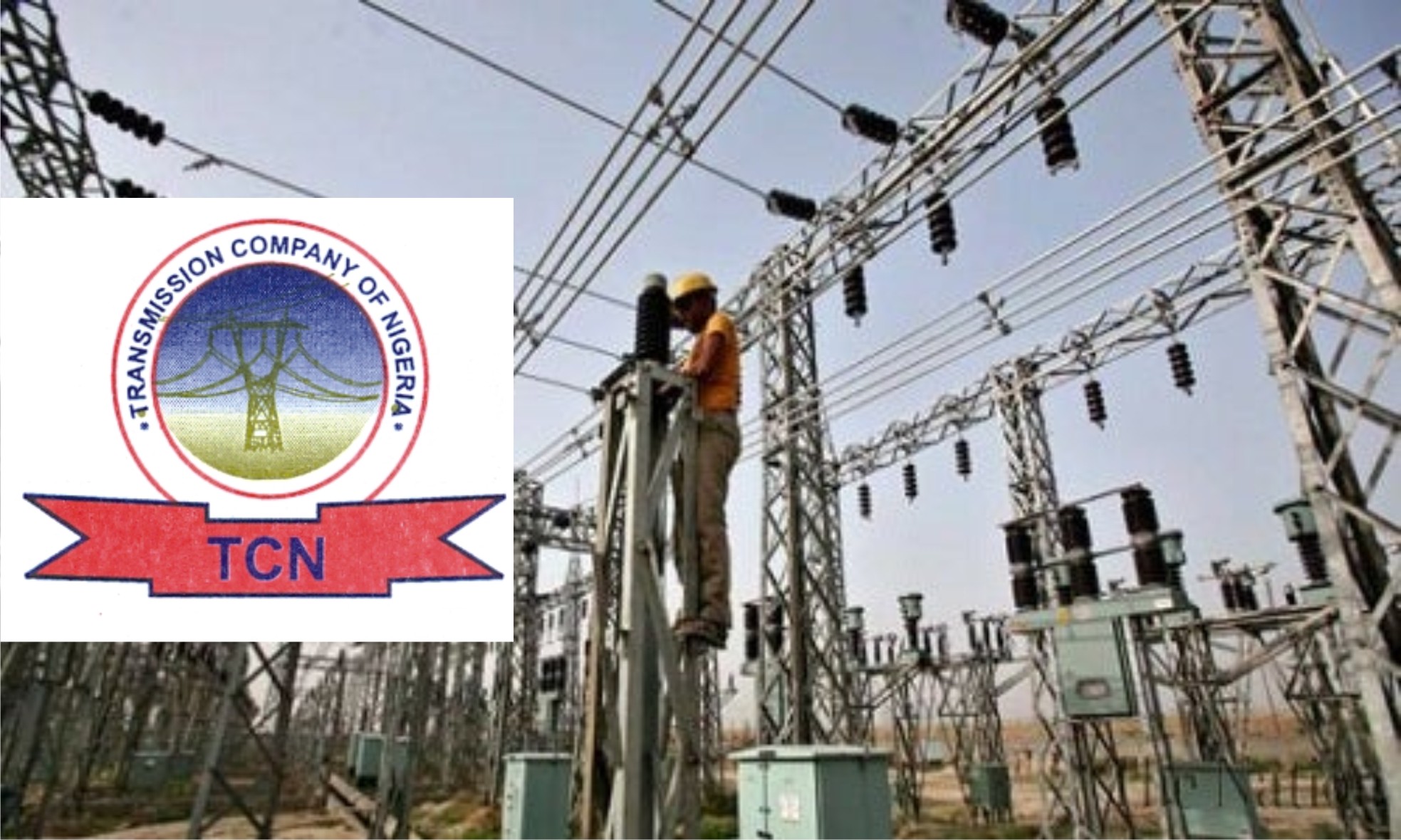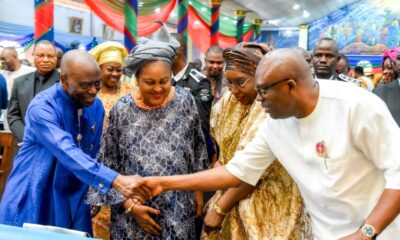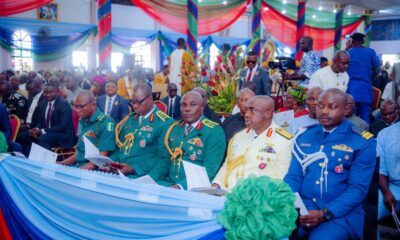Business
Group Demands Accountability From Oil Producing States

A non-governmental organisation, Support Initiative for Sustainable Development (SISD), has urged oil producing states to give account of revenue accruing from oil exploration activities in their states.
The group said such account should be rendered to the communities which bear the brunt of oil activities.
Executive Director, SISD, Pastor Philip Kalio, who made the demand at an enlightenment workshop, also urged oil producing communities to demand for accountability and transparency from the governors of the oil producing states.
Speaking from the sidelines of the workshop held in Port Harcourt, Kalio said that the workshop was necessitated by the outcome of a study conducted by two eminent scholars on the impact of the oil and gas sector on quality of life of Nigerians.
According to him, the outcome of the study showed that the people in rural communities were suffering as revenue accruing from oil was not impacting positively on their lives.
Kalio suggested that a separate body to manage the funds from the 13 per cent derivation be set up in oil bearing communities while advising governors of oil producing states to create alternative sources of revenues since oil is a diminishing resource.
He also identified corruption as the bane of development in the country.
In a related development, the Head of Service, Rivers State Civil Service Commission, Mr Rufus Godwins, has attributed the abnormal behavioural changes in humans, especially the increased rate of suicide and other anti-social behaviours to climate change, arising from oil exploration activities.
Godwins, who made this known while speaking in a keynote address at the millennium lecture of Chief Obidike Nwonodi in Port Harcourt said oil exploration in the Niger Delta region has caused a lot of damage and devastation to both the environment and the people and could be responsible for the change of attitude exhibited by most people in oil producing states.
The Head of Service called on individuals and corporate organisations to work together in the task of creating a safe environment.
Business
CBN Unveils NTNIA, NRNOA Accounts For Diaspora Nigerians’ Investment

Business
Diesel Price Hike: Manufacturers Opt For Gas

Business
TCN Debunks Grid Collapse, Says Lines Tripped

-

 Niger Delta14 hours ago
Niger Delta14 hours agoMOSIEND Hails RSG Over Asari’s Chieftaincy Recognition
-
News11 hours ago
Monarch Assures Government, Residents Of Continuous Peace In Woji
-
News18 hours ago
We Need Additional N20bn To Pay Families Of Deceased Military Personnel -Minister
-
Politics13 hours ago
Protesters Storm Wadata Plaza As PDP Power Tussle Continues
-
Business14 hours ago
Azman Airline Dismisses Aircraft Sale Alegations
-
Sports12 hours ago
NNL Fines Sporting Supreme, Kada Warriors FCs Over Unruly Conduct
-

 Featured14 hours ago
Featured14 hours agoRSG Set For Armed Forces Remembrance Day
-

 News11 hours ago
News11 hours agoAFRD: Let’s Celebrate Gallantry Of Soldiers More While Alive Than In Death -Fubara …As Rivers Honours Fallen Heroes, Members Of Armed Forces With Thanksgiving

